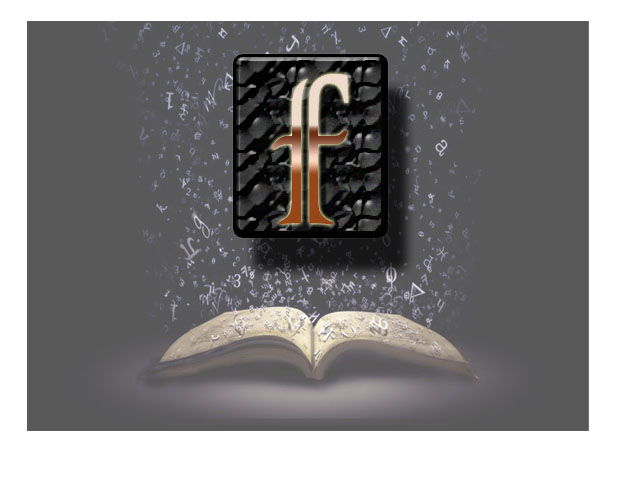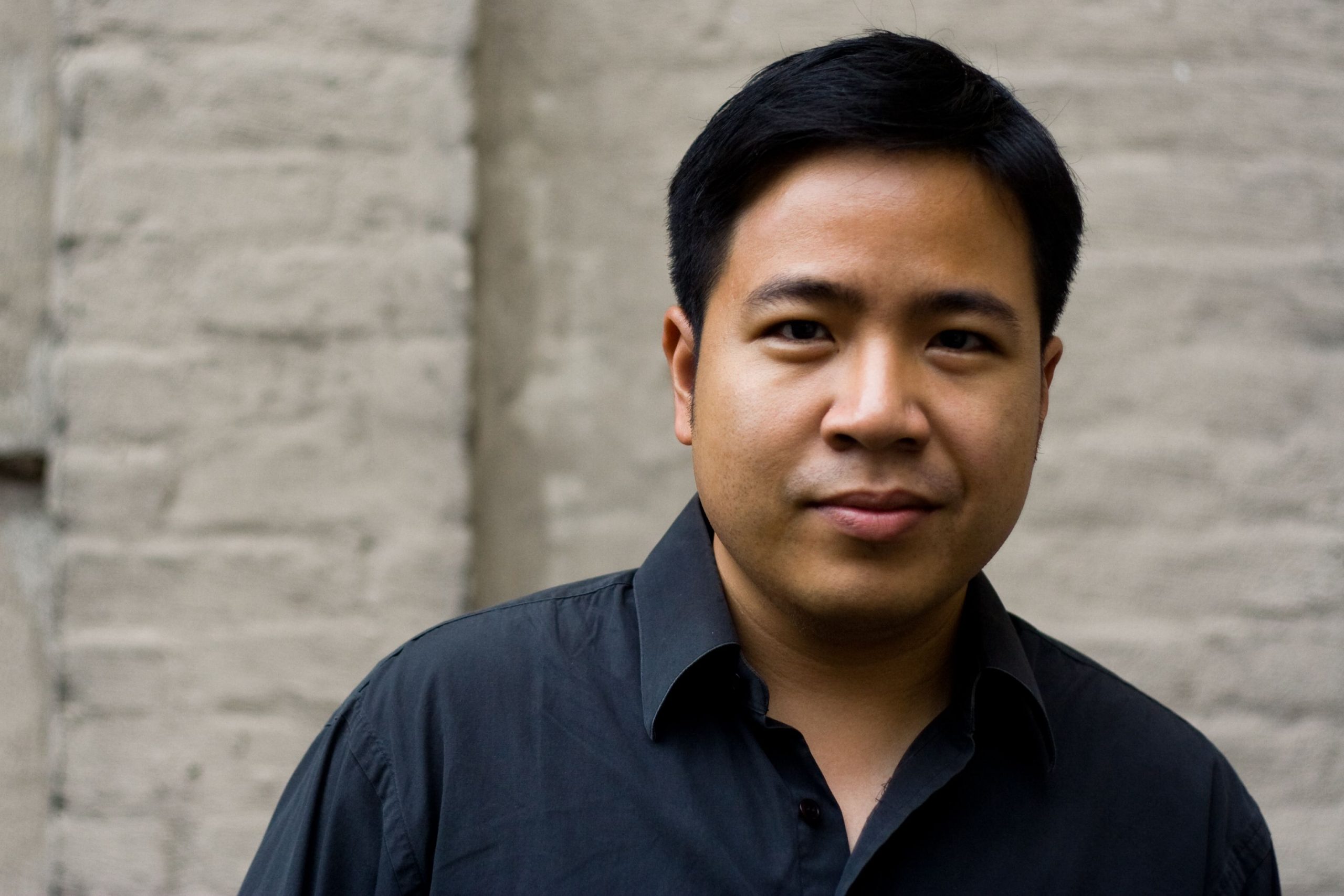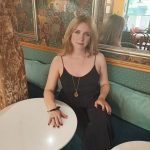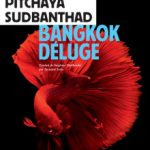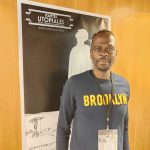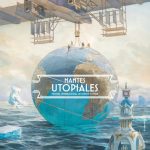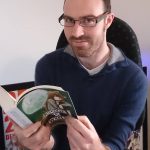I have met Pitchaya during Utopiales, in France, at the end of octobre 2021. We have discussed around Bangkok Wakes to Rain, that has been translated in french and published by Rivages under the title Bangkok Déluge. I propose you to discover this exchange :).
Hello, Pitchaya. Bangkok Wakes to Rain is your first novel. How was it for you, from starting the book to seeing it published?
This novel was a long time in the making. You know, I started off reading, writing a lot of nonfiction pieces, and I eventually returned to fiction. It was something that I had always been curious about as a younger person reading books from all around the world from García Márquez to Japanese writers like Kawabata and Murakami to French writers, such as Camus and Sarte, back at university. It was my curiosity that eventually led me back to Bangkok, this place where I was born.
Because I spent a lot of time overseas, I was drawn to exploring the city with my imagination. When I began to work on the book, all these characters started to appear. I think once I knew I was writing about a city, I created a stage for characters to walk on to. The book does sort of center on the location of a house, and it was here that my characters’ lives progress through—a missionary figure from the 19th-century, students in the 1970s, a jazz musician from America, and then teenagers and other people making their lives in the watery future and a city that’s been affected by climate change. My imagination connected them together or, I’d like to think, they found their way to each other.
And it took a long time. A long journey. It took a lot of feeling like failure, as well, and not knowing where to go. But eventually some parts of the book began to receive recognition. Some parts were published in an earlier form. Then I won a fellowship that allowed me to complete a first draft, and after many more revisions, I found an editor who was interested in publishing it. The book would come out a few years later.
It’s not like how some people think that writing a book is like, you just sitting with a typewriter. There are a lot of breaks and life happening in between. A lot of doubts. Going through manic phases. Writing many parts that wouldn’t make it into the published book. It feels like one has to write so much in order to have maybe something half the size or even smaller.
How did you feel when you saw that your novel was well received in the New York Times, The Washington Post, and other media outlets?
For a debut novelist, I feel very lucky. It’s been great to get kind responses from readers and it’s good to see favorable responses from the press and critics. I’m very fortunate to have had the support of really great editors and publicists and marketing people who helped put a book together and release it to the world. And also, when a book reaches more places, like in France, you also have to have a team here who believes in the book as well. So it’s been great to have people who believe in you and your work so that it has a chance in this world. To receive recognition for my novel is only something that might come afterward.
Do you agree if I say that the main character in your novel is Bangkok, and every character revolves around the city?
Yeah, people have characterized Bangkok as a character. To me, if a place is alive enough to be a character, it has to contain multitudes. I think that for me, a place has almost a kind of its own life, maybe many lives even, with memories that change in the same way that we change as people.
Bangkok is also a place that has many faces. Say, you’re a person from Bangkok. You grew up in this part of society. This is your Bangkok. And it’s a very different Bangkok for someone from another part of society, And then there’s a very different Bangkok to a person who’s a foreigner arriving in the city and maybe that Bangkok becomes yet another place where they explore a different side of their life. Tourists who come and explore the city enjoy it and consume it in very different ways. And it’s certainly different for someone like me who’s from Bangkok but has also spent a lot of time overseas and able to view the city with some distance. I go home to my family and feel very close to the city, with this personal familiarity but also removal, almost like a journalistic one that allows me to look at how things work within it from a step outside.
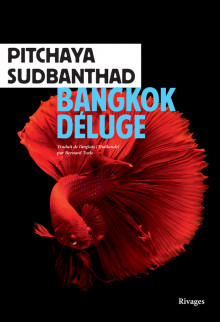
And what surprised me too is that we have many characters who are not living in Bangkok. We have a sister that is in Japan. We have people in the United States and so on, and we have the impression that everyone keeps a part of Bangkok inside them. Does it make sense for you?
Yes, it does to me. It’s part of my own experience of keeping the memory of a city alive and of keeping memories of the people I love and taking that with me when I’m overseas. And I think that’s the truth of people who’ve left home from any place. People who’ve left their villages and towns for a big city like Paris or New York. And like they say, you cannot go home again. When you go home, you inevitably find a place that has been drastically changed. And that was my own experience of arriving in Bangkok each time and seeing so much that’s different. Yet it also feels like this is where I’m from. This is my home, but also with a kind of estrangement.
For many in France, we don’t know much about the fuller story of Thailand. I discovered several things, such as the history of military force against students. We find this rich story of the story of Bangkok and Thailand in your novel…
The most well known things about Bangkok and Thailand come from being a big tourist destination. Many see a country marketing itself as the Land of Smiles. You can go to Bangkok and enjoy the city for a while with a tourist’s consumption of a place, without knowing that it has a very complex history affecting millions of lives. And, you know, at times when the politics become violent, many outside are often like “Wow, what happened to the Land of Smiles?” Well, it’s what happens every 5 or 10 years, it seems, but people don’t see it because when you arrive at Bangkok as a tourist, you see the Bangkok that you want to see, which is a leisure-filled, exoticized Bangkok and not the actual real-life of the city.
The story of the student protesters is something I heard from my grandmother when I was like 10 years old. I think I was giving her a massage in front of the television. It was in October of that year, and she began talking about how many years ago, all these students were killed in October. I found out that my aunt and uncle were set to go. They wanted to join their friends at these protests, but my grandmother had a bad feeling, and she asked them not to go. And luckily they didn’t. It would turn out to be a massacre of some often disputed numbers of students.
That’s the part of Bangkok that some people don’t want to talk about. They want to project the image of this happy-go-lucky city because that’s what sells the city. That’s what brings the tourists. What promotes more capital investment. You know, and all eyes are towards the future and the idea of progress, thinking that the past can be discarded. But the past is our truth. The past is what we live with and continue to live with. It can never be discarded, no matter how hard some people try.
What you say about your uncle and aunt and what we see with the character of Nee is that the truth is still alive in people’s memories, and we have the impression that she is still very close to that memory.
Yes, I think I know memories are still alive and strong in people when they refuse to talk about it. Early on, I found that it was hard to research certain parts of Thai history at bookstores and libraries in Thailand because there was a directed urge to move past them. I did a lot of research using overseas archives and even just going on eBay to find old newspapers to be able to fill in accounts. At a later point, I was able to find first-person accounts, but it took a lot of effort to be able to depict this period. There were some younger people in Thailand who at one time didn’t know much about certain parts of Thai history that weren’t taught in schools. So now that there’s the internet and greater, active political reawakening, people I think are finally able to confront real history. Younger people are perhaps especially able to confront that history in ways that people who lived through it aren’t willing to do.
And we see that the past can divide families, for instance, with Nee’s sister and the military man who went to live in Japan.
I see it happening everywhere. It happens in America, where I’ve seen families become divided because of different political leanings and the polarization about history that we see today. The same thing has been happening in Thailand as well. But for a lot of people who’ve lived through these very painful periods, you can’t just wash history away. It’s something personal that is still very alive to them. With my characters, they’re trying to negotiate the different bonds they’ve formed, whom they feel closer to, and also their disconnection from their own history. I think for Nee and her sister Nok, it’s something that they had trouble doing within and outside of Bangkok.
You have also given a different name to Bangkok. I don’t remember the name…
Bangkok is a name from old European colonial maps. That’s what I gathered from my research. And it’s a name that no one from Bangkok actually uses. It means a swamp of olives. That’s the name that persists in the larger western and global recognition of the geography. For Thai people, Bangkok is Krungthep. City of Angels. There’s also a very, very long name that most people struggle to remember. In the book, I wondered what the city could be called in the future. A new name could signify change. This City of Angel might become the City of Serpents, what with all the water that looks likely to drench the city.
There is a great deluge in Bangkok in your novel. Do you want to warn people about this potential fate and to say it’s time for Thailand and Bangkok to take measures to improve the climate?
I think more people are now more aware of climate change. Whether powerful people do anything about it is a different story.
Bangkok is basically a deposit of rivers. It’s basically a river delta, and so this part of Thailand has always been low-lying. You know, Swamp of Olives. It used to be a place of canals, a place of rivers. It was a very aquatic place because people were living with the natural manifestation of the land. Stilt houses, lots of transportation by boats.
But then it has become a place paved over. Foreign trade grew, and eventually capitalism arrived. In order to fit in with the growth model of this larger global system, the city structurally changed. Roads and buildings were built over places where rivers and flood waters could wash through and out. And so the city grew into something that is unnatural—one that owes its shape to a greedy, cultish belief in economic growth rather than the physical natural terrain.
I think that what we’re seeing now is the worsening of flooding that, as someone from Bangkok, I have lived with all my life. I remember how, in the 80s, I walked across planks in my grandmother’s backyard and tried to find fish that had swum from the flooded canal behind the house. And then in 2010 and 2011, there was widespread flooding from an abnormal series of storms, and I was helping my parents put up sandbags in front of their house. Now we have rising sea levels. We have a Bangkok that’s sinking because of so much groundwater usage. In my imagination, trying to look to the future. I could not see a city that can remain the way it is.
It’s much like how truth always lives on. History lives on. And so nature and the land lives on. We are just these specks that exist within a tiny, infinitesimal amount of time as part of the larger truth. And we’re confronting the consequences of our actions now and of our past actions. All that we’ve done to this planet.
I do think that we’re starting to wake up to the possibilities of a different future. I hope it will not be too late for us to change. We’re so invested in old social ways and outdated economic systems that distort what we need out of life and society. We must change.
